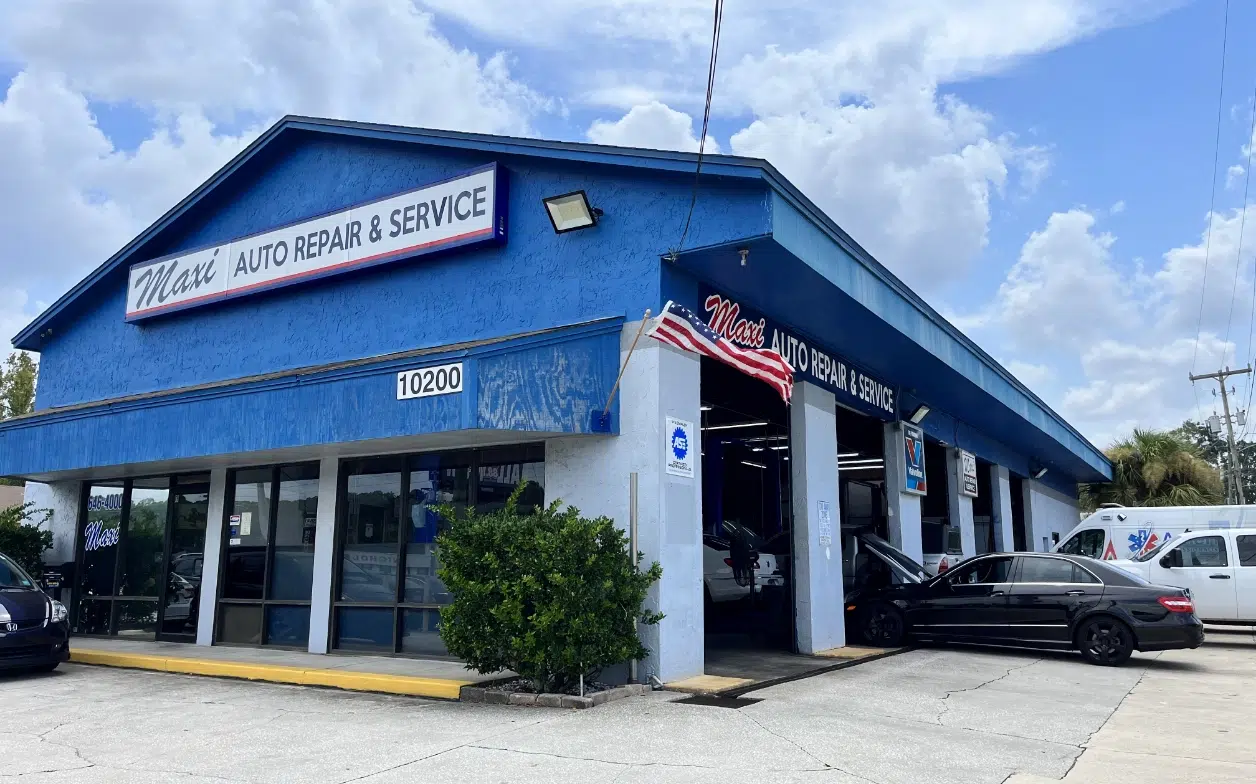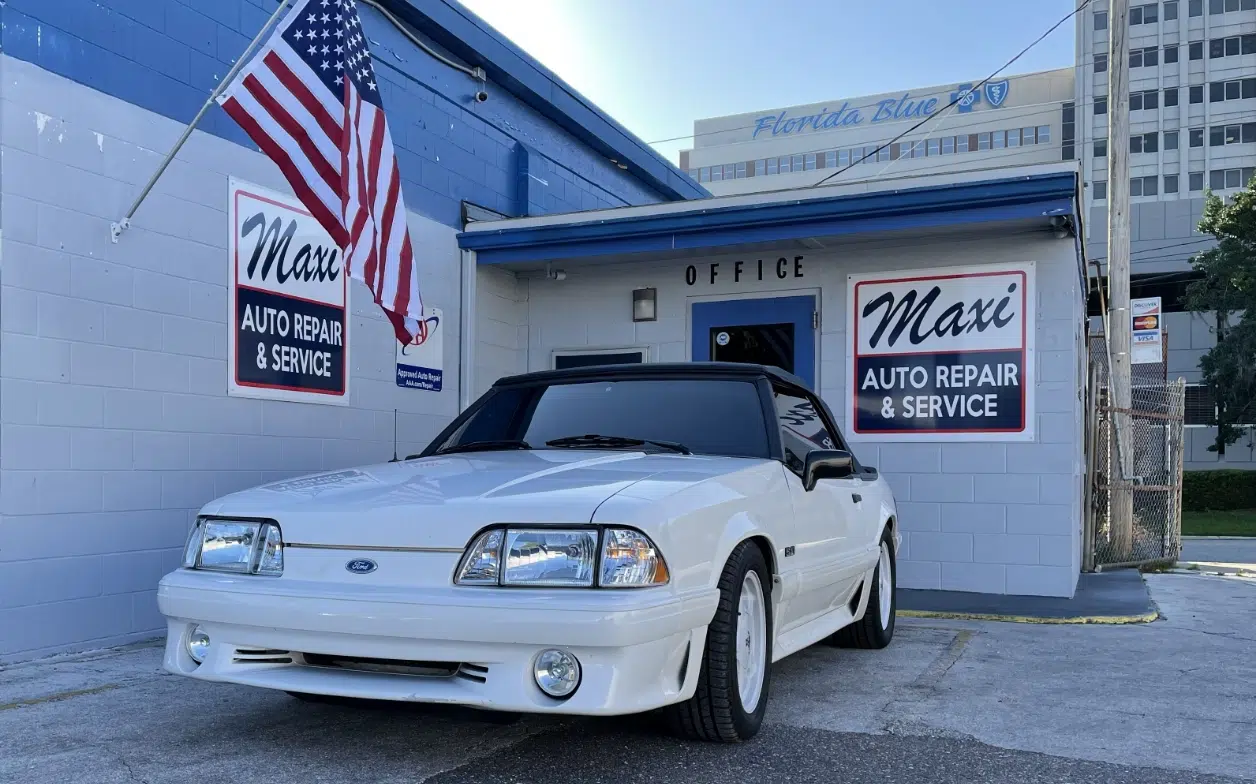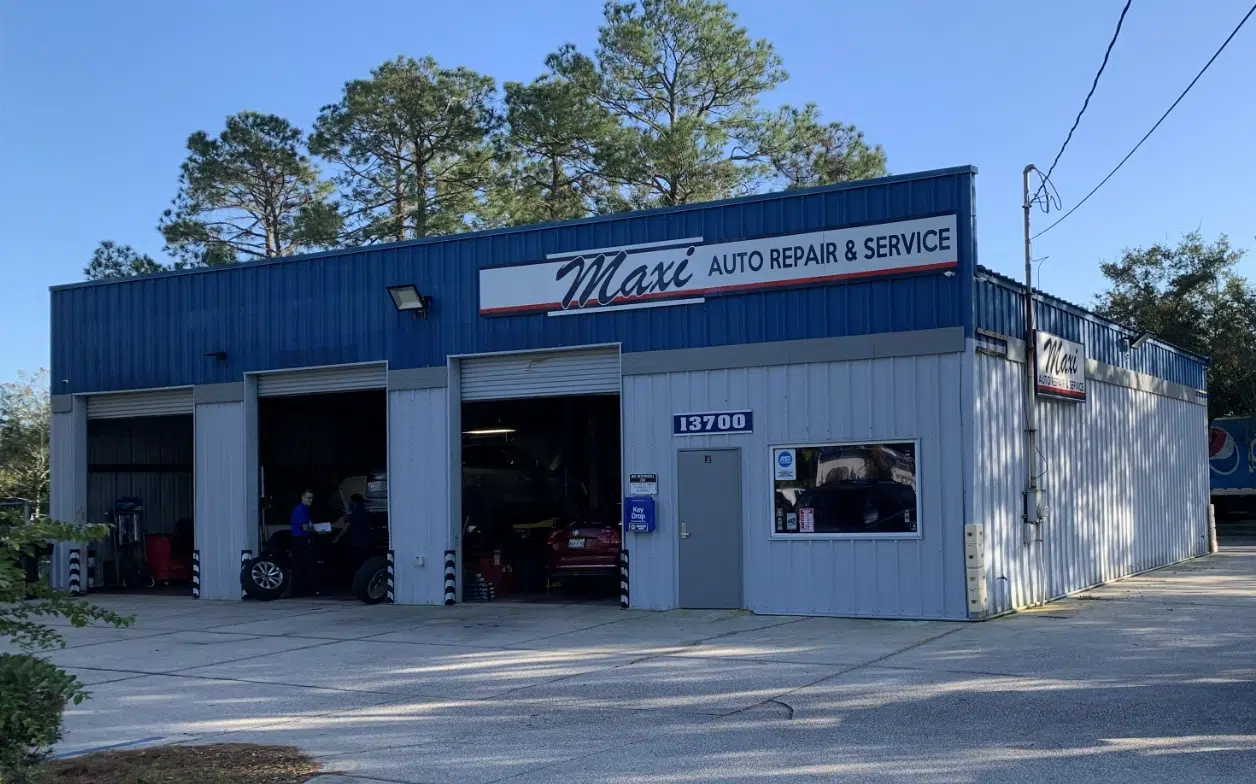Deciding between synthetic and conventional oil is a choice every vehicle owner faces. The debate isn’t as hot as it used to be when synthetic oil first came out unless you have an older vehicle. The decision is still yours, though we can make it easy for you to determine which you want to use for an oil change service for your vehicle. Maxi Auto Repair and Service, located on Beach Blvd in Jacksonville, FL, primarily uses synthetic oil but can accommodate the use of conventional oil if required.
Synthetic vs. Conventional Oil Comparison
Oil companies formulate and market three types of oil: conventional, full synthetic, and partial synthetic. The difference is in the base oil used to create the oil. Conventional oil uses 100 percent mineral oil as a base. This comes from the refining of crude oil. Oil companies clean up crude to make a high-quality base oil, then add additives.
When oil companies process conventional oil, they do it without making major molecular changes to the hydrocarbons in the base oil.
Partial or semi-synthetic oil uses a combination of conventional and synthetic base oils to create the base oil. It lasts longer than conventional oil but not as long as full synthetic oil.
Full synthetic oil uses 100 percent of the base oil with stronger synthesized components.
Benefits of Using Synthetic Oil in Cars
In most cases, synthetic oil improves the performance of your vehicle. Using a full synthetic oil:
- Improves low-temperature performance.
- Has higher thermal stability (resistance to heat).
- Has lower volatility.
- Can be used to formulate lower viscosity oil.
- Resists viscosity breakdown (less frequent oil changes).
Most newer vehicles use synthetic oil, and there is no reason to revert back to conventional oil. For vehicles with more than 75,000 miles, you can opt for high-mileage synthetic oil. While conventional oil is good for older vehicles, it’s more of a hassle in that you have to change the oil more often.
Benefits of Using Conventional Oil in Cars
While most vehicle manufacturers recommend using synthetic oil, older vehicle owners may want to use conventional oil.
The pros and cons of using conventional oil include:
- It’s more cost-effective. Synthetic oil costs more than twice what conventional oil costs. If you don’t need to do preventative maintenance based on severe use, you can save money by using conventional oil. However, you must change conventional oil every 3,000 miles or three months, whichever comes first.
- Conventional oil is better for older engines – those with more than 75,000 miles on them. Since an engine with more miles on it has more wear on the inner parts, the higher viscosity of conventional oil results in better lubrication. However, you can switch to an oil formulated for engines with over 75,000 miles (conventional or synthetic).
- Conventional oil is less chemically stable and oxidizes more easily than synthetic oil. It also breaks down faster and loses its lubricating properties faster.
Is Partial Synthetic or Full Synthetic Better?
Full synthetic is always going to be better, especially for newer engines, as it lasts much longer. While you can get away with an oil change every 7,500 miles or higher, depending on the vehicle manufacturer, with full synthetic, you should change the oil every 5,000 miles with partial synthetic.
Because partial synthetic uses a partial conventional oil base, it doesn’t last as long. However, the big problem with this is that there is no overall formula. One oil company’s partial synthetic could have 50 percent synthetic, while others may have 5 percent synthetic, and you have no way of knowing.
If your vehicle manufacturer recommends synthetic oil, it’s better to use full synthetic unless your owner’s manual specifically says to use partial synthetic or conventional motor oil.
Contact Maxi Auto Repair and Service Beach Blvd., For An Oil Change in Jacksonville, FL
When it’s time for an oil change and other preventative maintenance services, contact Maxi Auto Repair and Service at (904) 646-4000 for an appointment. We are conveniently located at 10200 Beach Blvd., Jacksonville FL 32246.






